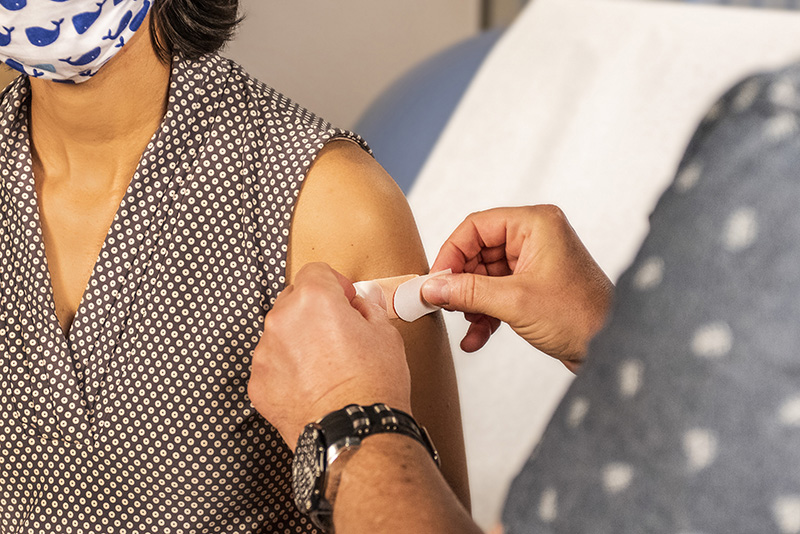
Rabies Vaccination
About Rabies
Rabies poses a serious danger to travellers and causes approximately 60000 human deaths per year.
It usually spreads when someone gets bitten or scratched by an animal that has rabies, with dog bites being the most common way. In other parts of the world, animals like bats, monkeys, and cats can also spread the disease. If your travel plans involve being close to animals, we recommend getting a Rabies vaccine before you travel.
Rabies is found in all continents of the world except Antarctica. There are more human cases of the disease in Asia, Africa and South and Latin America.
Popular affected travel locations include
- Asia
- Africa
- Central America
- South America
Travelling abroad and not sure if you're at risk?
If you’re unsure about the vaccine, have any questions or want to find out what vaccines you need. We’re here to help, book your appointment online or call us on 0208 393 1000.

Top Tips for protecting against Rabies
When to get vaccinated: You should aim to get your first dose ideally five weeks before travelling to ensure you will be able to complete the course in time.
Course: The course consists of three vaccines. The second dose is given seven days after the first dose. The third dose should be given three weeks after the second dose.
Accelerated course: If you’re travelling at short notice, you may be able to have the third dose two weeks after the second.
Boosters: The rabies vaccine protects you for 10 years. If you are working with animals or are otherwise at a higher risk, more frequent boosters may be recommended.
How it is given: Injection in the upper arm. Side effects: The vaccine can cause mild side effects such as rash, a high temperature, nausea or muscle aches.
Risk if you contract the disease: Rabies is usually fatal. There is no cure for rabies
